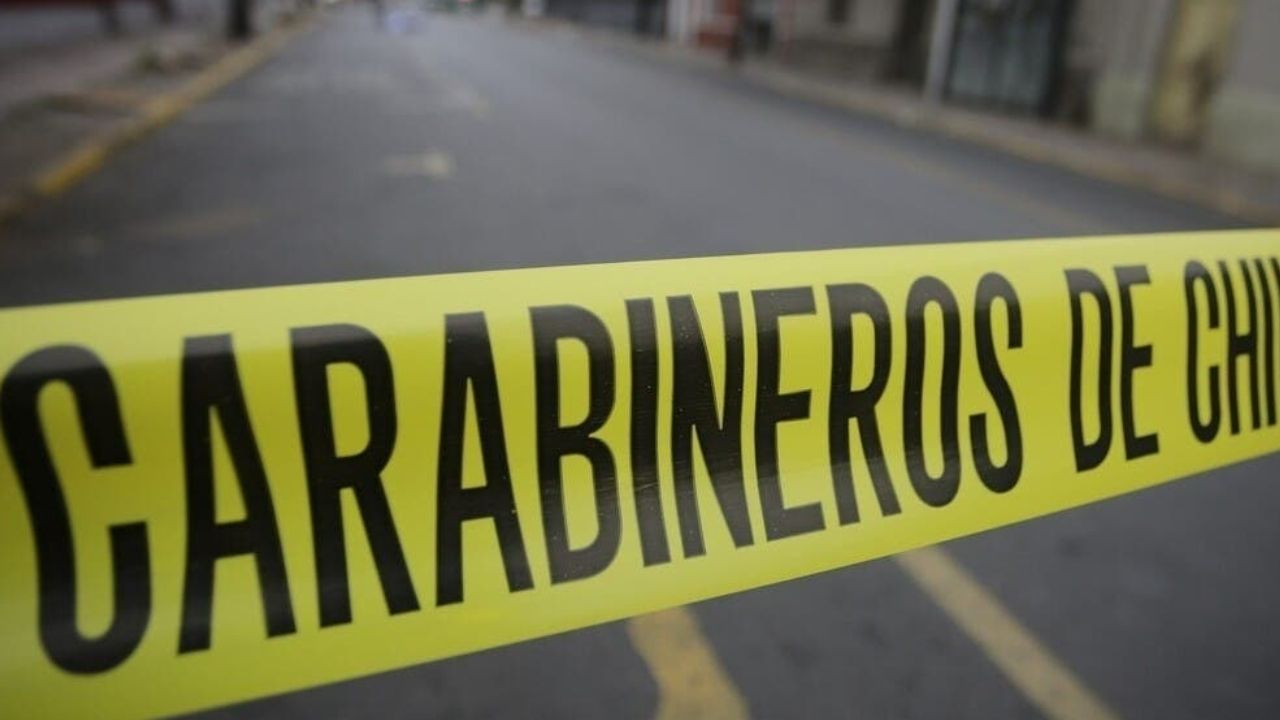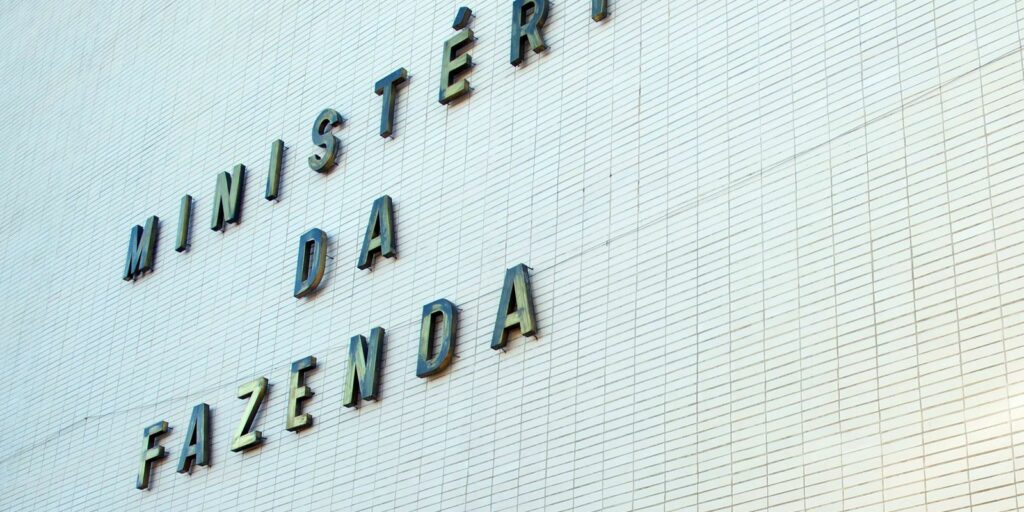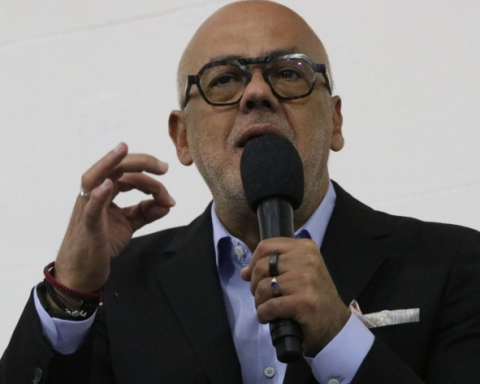The Chilean Justice sentenced three agents of the Carabineros police force on Thursday for hitting and fracturing the arm of a Haitian citizen during a control in the Huechuraba commune, in the Metropolitan region
A ruling that occurs in the midst of the political discussion surrounding the approval of the controversial “Naím-Retamal law”, promoted by the opposition, which on Monday was endorsed by Congress with the rejection of some parties of the government coalition and that gives greater power and freedom of action to this controversial militarized Police.
In the justification of the ruling, adopted unanimously, the Second Court of Criminal Oral Trial of Santiago argues that beyond any reasonable doubt, in April 2016 the victim -a man of Haitian nationality- was subjected to an identity check for part of three plainclothes police officers
And that these police officers, identified as Moisés Vergara González, Héctor Ramón Lara Estrella and Jaime Nicolás Lagos Lagos, proceeded to hit him with a blunt object, causing a serious fracture of the humerus in his left arm.
The court also confirmed that the police officers demanded that the victim not report that he had been beaten by them during the verification of the injuries in the Primary Emergency Care Service (SAPU) of the Huechuraba commune.
Vergara, Lara and Lagos were sentenced to three years and one day in prison with the benefit of probation during the same period, as perpetrators of the crime of “unlawful coercion” resulting in serious injuries.
The judicial resolution is given in the midst of an intense political debate both in Congress and in public opinion regarding the advance of violent crimes in the country and the powers of the police to combat them.
DEBATE ON SELF-DEFENSE
On Wednesday afternoon, the Chamber of Deputies approved by a large majority the “Naín-Retamal Law”, a project that had its origin in the death of two police officers and that increases the penalties for crimes against Carabineros officials and it grants the agents of the institution greater powers and power for the use of their service weapon. The initiative will be discussed and voted on in the Senate next week.
The most controversial point is the so-called “privileged legitimate defense”, a concept that eliminates the idea of proportionality and “presumes” that the agents will be able to use their firearms in accordance with the legal provisions, exempting them from criminal liability.
This force, peppered by one of the biggest corruption scandals in the country, has been accused on several occasions by international organizations of violating human rights, especially during the repression of the 2019 protests, known as “social outbreak”. in which about thirty people died and hundreds more were injured.
The growing feeling of insecurity is one of the main concerns of Chileans, according to opinion polls, but real data shows that crime has barely grown in recent years, although new, more violent types have appeared. EFE

















